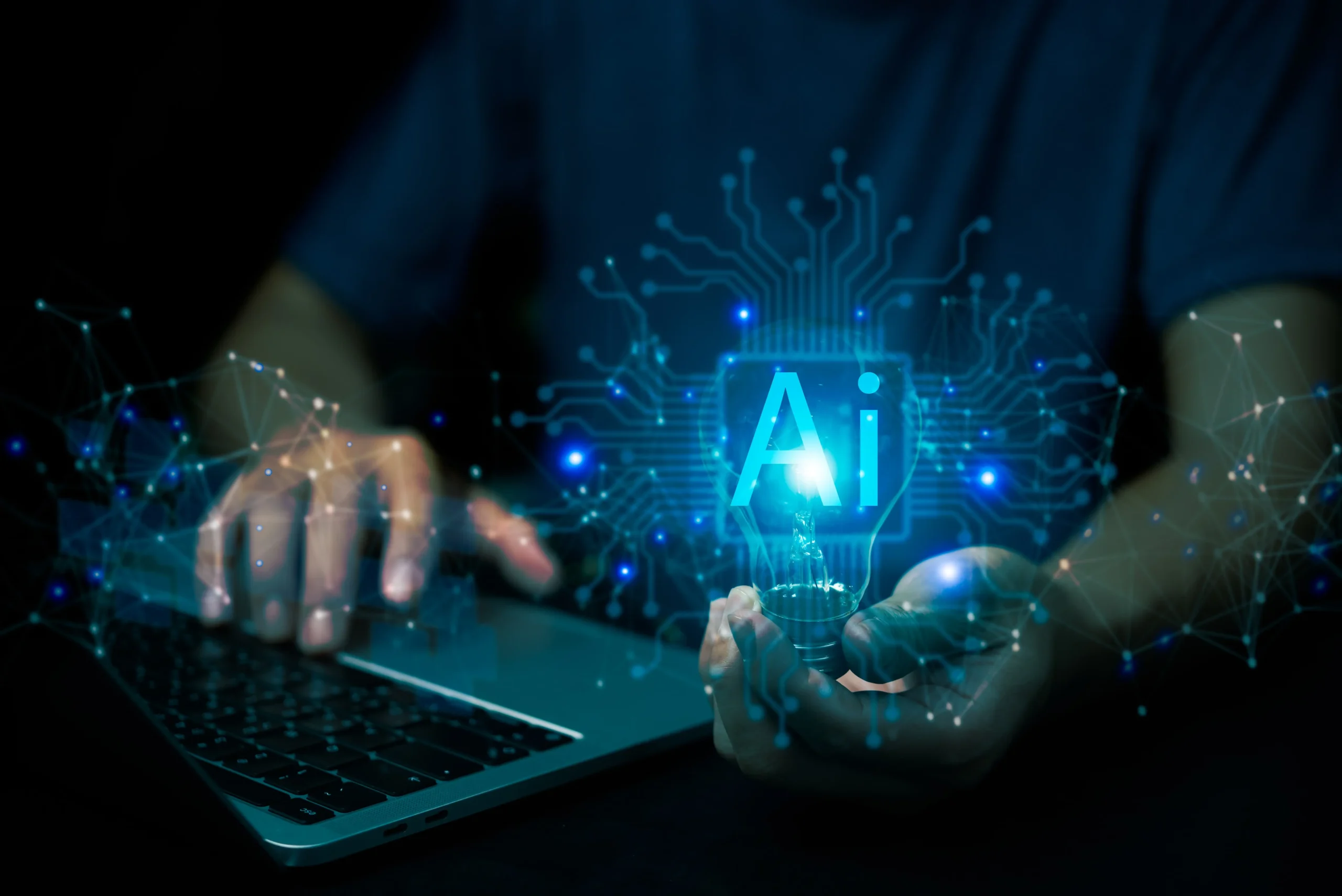Artificial Intelligence is transforming the world as we know it, revolutionizing industries and redefining the boundaries of human capability. From autonomous vehicles to intelligent personal assistants, AI systems are designed to mimic human intelligence and perform tasks that typically require human cognition. But what exactly is AI, and how does it work? In this article, we intend to explore the fundamentals of Artificial Intelligence, delve into the underlying technologies that power these intelligent systems, and uncover the mechanisms that enable machines to learn, reason, and make decisions.
It is a rapidly growing technology that is reshaping different industries and driving innovation across the globe. Mastering AI knowledge and skills provides a competitive edge by enabling individuals to develop intelligent solutions, automate processes, and derive insights from vast data sets. AI expertise is highly sought after in various sectors, including finance, healthcare, and technology, enhancing career prospects and opening new opportunities. Pursuing artificial intelligence course in india
offers access to quality education, experienced faculty, and hands-on training. These courses provide the tools and techniques needed to excel in AI, ensuring professionals stay ahead in a dynamic and evolving field.
What is Artificial Intelligence?
Artificial Intelligence refers to the simulation of human intelligence in machines programmed to think and learn like humans. These systems can perform tasks such as recognizing speech, making decisions, solving problems, and translating languages. AI is built on different technologies, such as machine learning, natural language processing, neural networks, and robotics. Machine learning, a subset of AI, involves training algorithms on data to improve their performance over time without explicit programming. AI applications are diverse, ranging from virtual assistants and autonomous vehicles to medical diagnosis and financial forecasting. By allowing machines to process and analyze large volumes of data quickly and accurately, AI is transforming industries, enhancing efficiency, and driving innovation, making it a crucial area of study and development in today’s technology-driven world.
Importance of Artificial Intelligence
Artificial Intelligence (AI) is crucial in today’s world due to its transformative impact across various industries. It enhances efficiency and productivity by automating routine tasks, allowing humans to focus on more complex and creative activities. AI’s ability to analyze vast amounts of data quickly leads to better decision-making and more accurate predictions, benefiting sectors such as healthcare, finance, and marketing. In healthcare, AI aids in early disease detection and personalized treatment plans. In finance, it improves fraud detection and risk management. Additionally, AI-driven innovations like autonomous vehicles and smart assistants are revolutionizing daily life. By driving technological advancements and fostering new business opportunities, AI is a key driver of economic growth and a vital tool for addressing complex global challenges.
How does artificial intelligence work?
Artificial intelligence systems operate by utilizing algorithms and data. Initially, large amounts of data are collected and fed into mathematical models, or algorithms, which identify patterns and make predictions in a process known as training. Once trained, these algorithms are deployed in various applications, where they continually learn from and adapt to new data. This enables AI systems to perform complex tasks such as image recognition, language processing, and data analysis with increasing accuracy and efficiency over time.
Machine Learning
The primary method for building AI systems is machine learning (ML), where computers learn from large datasets by identifying patterns and relationships. Machine learning algorithms use statistical techniques to improve at tasks without being explicitly programmed for them, using historical data as input in predicting new outputs. ML includes supervised learning (with known expected outputs thanks to labeled datasets) and unsupervised learning (with unknown expected outputs due to unlabeled datasets).
Neural Networks
Machine learning often employs neural networks, a set of algorithms that process data by mimicking the structure of the human brain. These networks also consist of interconnected nodes, or “neurons,” that process and pass information. By adjusting the connections between neurons, the network learns to recognize complex data patterns, make predictions, and learn from mistakes. Neural networks are effective for tasks like image recognition, speech understanding, and language translation.
Deep Learning
Deep learning, a subdomain of machine learning, utilizes deep neural networks, which contain multiple hidden layers to process data. This allows the machine to recognize increasingly complex patterns and make connections for optimal results. Deep learning excels in tasks such as image and speech recognition and natural language processing, making it a vital component in AI development.
Natural Language Processing
Natural language processing (NLP) teaches computers to understand and produce human language. Combining computer science, linguistics, machine learning, and deep learning, NLP enables computers to analyze unstructured text or voice data and extract relevant information. It addresses speech recognition and natural language generation and is used in applications like spam detection and virtual assistants.
Computer Vision
Computer vision applies machine learning techniques to process raw images, videos, and visual media, extracting useful insights. Using deep learning and convolutional neural networks, computers break down images into pixels and tag them to discern visual shapes and patterns. Computer vision is used for image recognition, classification, and object detection, and is essential for tasks like facial recognition and navigation in self-driving cars and robots.
Also Read: Predovac: Boosting Efficiency with AI
Conclusion
Artificial Intelligence is a transformative technology that mimics human intelligence to perform complex tasks with increasing accuracy and efficiency. Understanding how AI works, from machine learning and neural networks to deep learning, natural language processing, and computer vision, is essential for leveraging its capabilities. Pursuing artificial intelligence courses in india can offer comprehensive education and practical training, equipping professionals with the skills needed to excel in this dynamic field. With AI’s growing impact across industries, having specialized knowledge and certification provides a significant competitive edge in the job market, opening up to different career opportunities and ensuring professionals remain at the forefront of technological advancements. Investing in AI education is a strategic step towards a successful and future-proof career.




